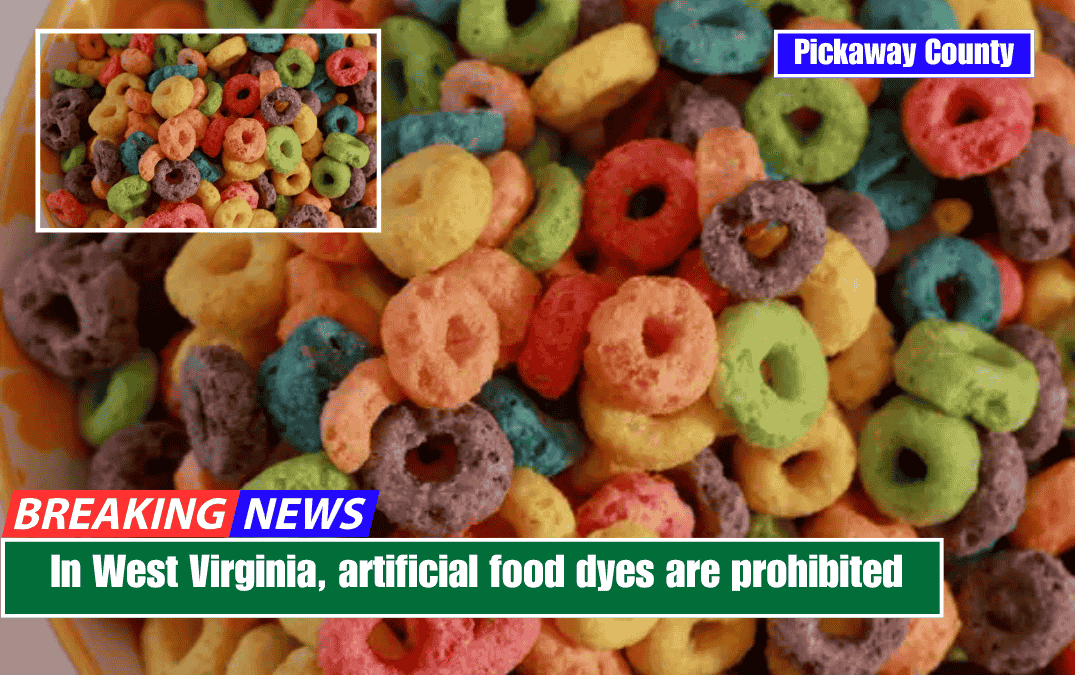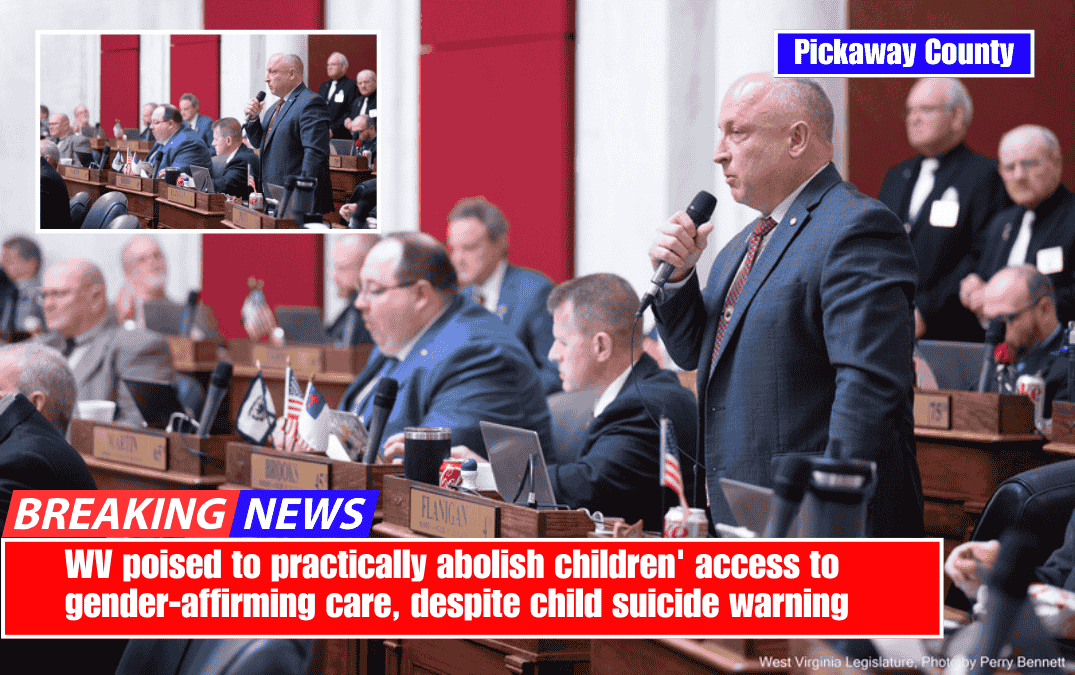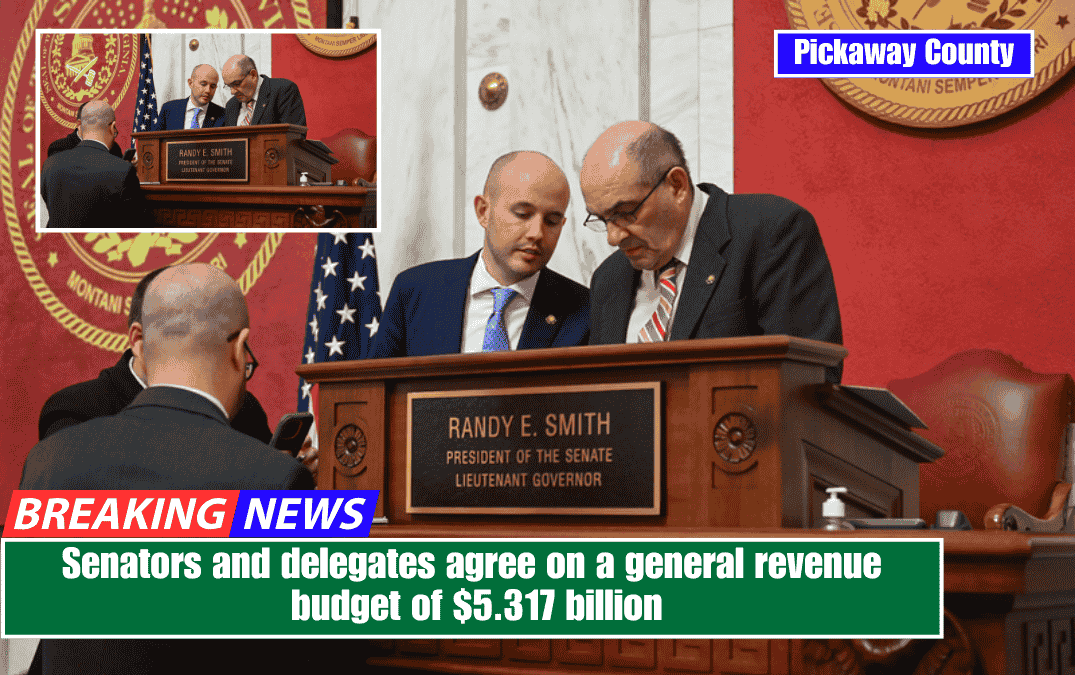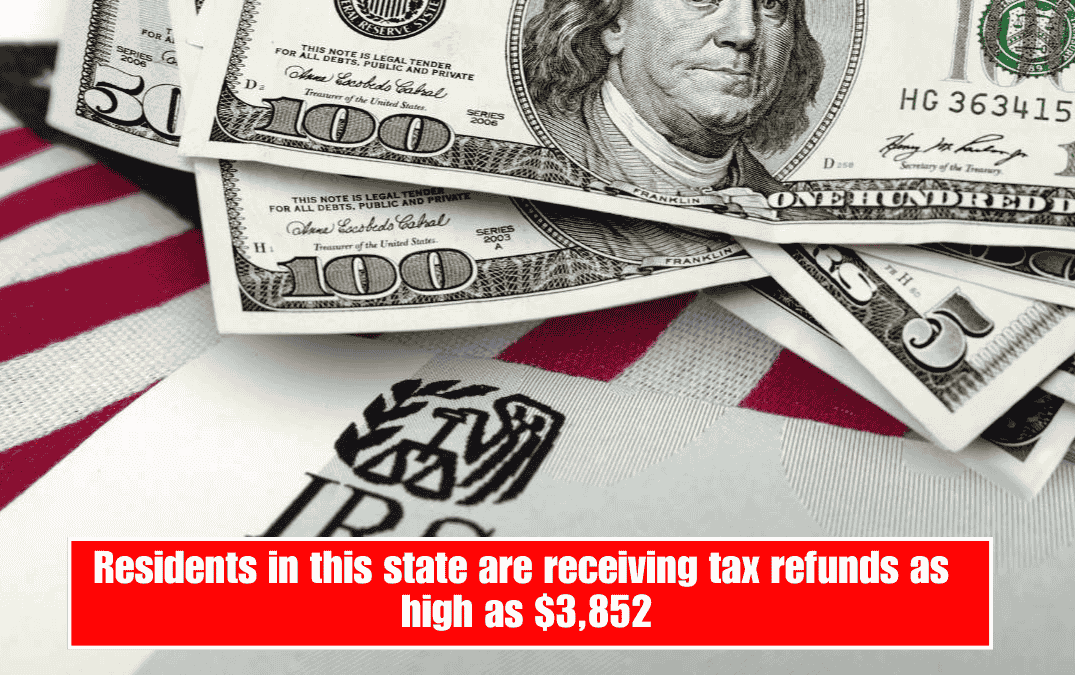West Virginia Governor Patrick Morrisey signed legislation last month banning seven artificial food dyes and two preservatives in order to reduce future health risks. The law prohibits schools from serving lunches containing food dyes.
West Virginia becomes the first state in the nation to prohibit food dyes. Robert F. Kennedy, Secretary of the United States Department of Health and Human Services, attended an event with the governor to celebrate the law.
The dyes prohibited by law include Blue No. 1, Blue No. 2, Green No. 3, Yellow No. 5, Yellow No. 6, Red No. 40, and Red No. 3. Cereals and snacks are common foods that contain these dyes. The FDA previously banned the dye Red No. 3, which is commonly found in children’s food.
Propylparaben and butylated hydroxyanisole are two preservatives that have been banned. These two chemicals pose a serious health risk to people, particularly children.
According to studies, propylparaben interferes with hormones in the human body, which have been linked to cancer. Butylated hydroxyanisole was identified as a “anticipated human carcinogen” in a National Toxicology Program review published in the New York Times.
“I am very grateful to Governor Morrisey for his visionary leadership and getting West Virginia to lead the way in transitioning off processed foods,” Kennedy said, according to The New York Times.
However, not everyone supports this new law. Sarah Gallo, Senior Vice President of the Consumer Brands Association, has spoken out the most about her concerns.
“Unfortunately, not only will this bill ignore the FDA’s rigorous science and risk-based process of evaluating safe ingredients, it will also limit consumer access to affordable, nutritious and convenient food and beverage choices,” stated Gallo, according to the New York Times.
Morrisey told CBS News, “West Virginia ranks at the bottom of many public health metrics, which is why there’s no better place to lead the Make America Healthy Again mission.”
The FDA currently approves 36 color additives and nine artificial dyes in the country’s food supply. Many states, including New York, have proposed approximately 40 bills to address food additives.
Kennedy previously claimed that food dyes can cause behavioral problems, citing sources from a 2021 report by the California Office of Environmental Health Hazard and Assessment.
After examining twenty-seven children, it was determined that food dyes can cause behavioral issues in some children. Kennedy wants to ban all food dyes by the end of his term, but it’s unclear whether he’ll have the funds to do so after the Trump administration’s massive cuts to federal funding.














